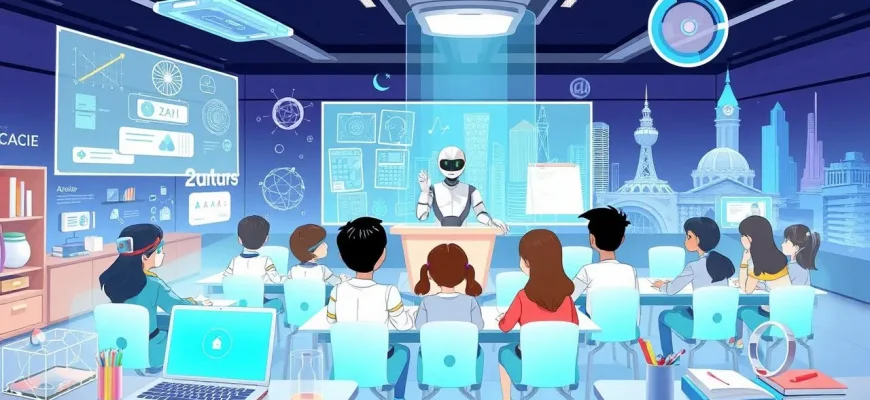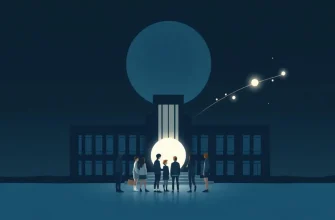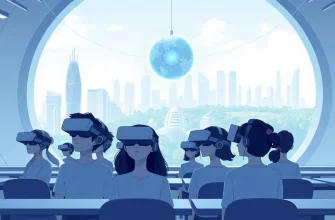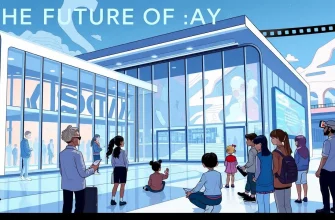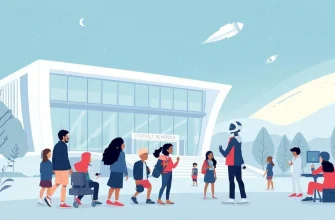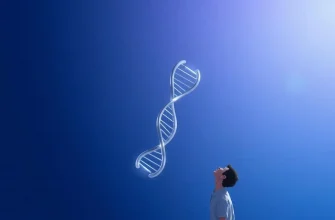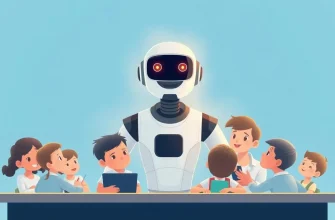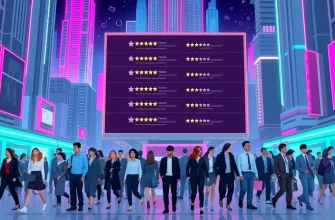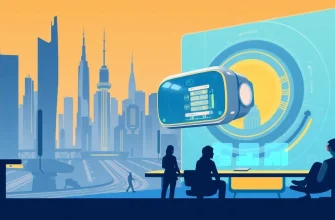Dive into a world where education transcends traditional boundaries, where classrooms are replaced by virtual realities, and teachers are AI entities. This curated list of 10 sci-fi films explores the future of learning, offering insights into how education might evolve with technology. From dystopian visions to utopian dreams, these films provide a fascinating look at what education could become, making them a must-watch for anyone interested in the intersection of technology, education, and speculative fiction.
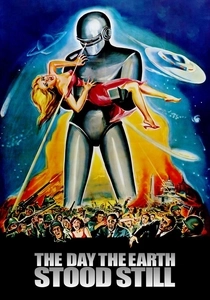
The Day the Earth Stood Still (1951)
Description: An alien visitor comes to Earth with a message about the future of humanity, suggesting a need for a new kind of education to prevent self-destruction.
Fact: The film was remade in 2008 with Keanu Reeves, but the original is often considered more impactful.
 Watch Now
Watch Now 
Gattaca (1997)
Description: In a society where genetic engineering determines one's social status, education becomes a tool for the genetically superior. The film raises questions about the role of education in a genetically stratified world.
Fact: The film's title is derived from the four nitrogenous bases of DNA: guanine, adenine, thymine, and cytosine.
 Watch Now
Watch Now 
The Matrix (1999)
Description: In a world where reality is a computer-generated dream, Neo learns about the true nature of his existence from Morpheus, who offers him a choice between the blue pill and the red pill. The film explores themes of self-discovery and the potential of virtual education.
Fact: The film's concept of "The Matrix" was inspired by the idea of Plato's Cave, where people only perceive shadows of reality.
 Watch Now
Watch Now 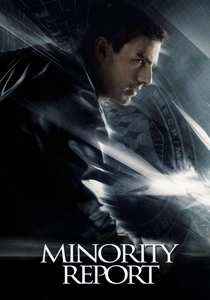
Minority Report (2002)
Description: Set in a future where crimes are predicted before they occur, the film delves into the ethical implications of pre-crime technology and how it might influence education systems to prevent criminal behavior from the start.
Fact: The film's director, Steven Spielberg, used real-life technology to create the futuristic interfaces seen in the movie.
 Watch Now
Watch Now 
A.I. Artificial Intelligence (2001)
Description: This film explores the emotional and ethical complexities of creating artificial beings capable of learning and experiencing human emotions, suggesting a future where education might be tailored to AI entities.
Fact: The film was originally conceived by Stanley Kubrick, but after his death, Steven Spielberg directed it, blending Kubrick's vision with his own.
 Watch Now
Watch Now 
The Terminal (2004)
Description: While not explicitly about education, the film showcases how a man learns to navigate a foreign environment, symbolizing the adaptability and self-education required in future societies.
Fact: The film was inspired by the true story of Mehran Karimi Nasseri, who lived in the Paris airport for 18 years.
 Watch Now
Watch Now 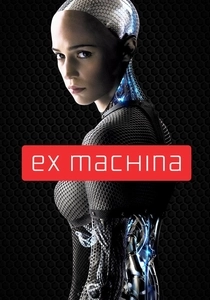
Ex Machina (2014)
Description: A programmer is invited by his CEO to administer the Turing test to an intelligent humanoid robot, exploring the boundaries of AI learning and human interaction.
Fact: The film was shot in a single location, a remote house in Norway, to enhance the feeling of isolation.
 Watch Now
Watch Now 
Her (2013)
Description: This film explores the relationship between a man and an AI operating system, touching on themes of personal growth and learning through interaction with advanced technology.
Fact: The film's AI, Samantha, was voiced by Scarlett Johansson, who was not initially credited for her role.
 Watch Now
Watch Now 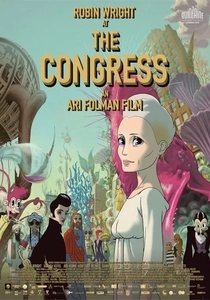
The Congress (2013)
Description: A futuristic film where an actress signs away her image for digital use, exploring the implications of virtual reality on identity and education.
Fact: The film blends live-action with animation, reflecting the theme of blurring reality and virtuality.
 Watch Now
Watch Now 
WALL-E (2008)
Description: In a future where humans have become dependent on technology, WALL-E, a waste-collecting robot, inadvertently teaches humans about the value of manual labor and self-sufficiency, hinting at a new form of education.
Fact: The film contains no dialogue for the first 39 minutes, relying on visual storytelling.
 30 Days Free
30 Days Free 
